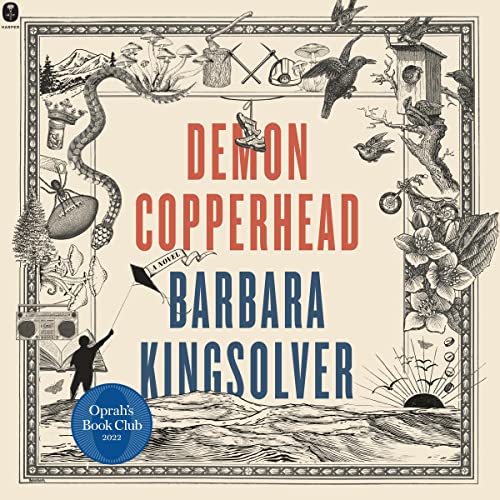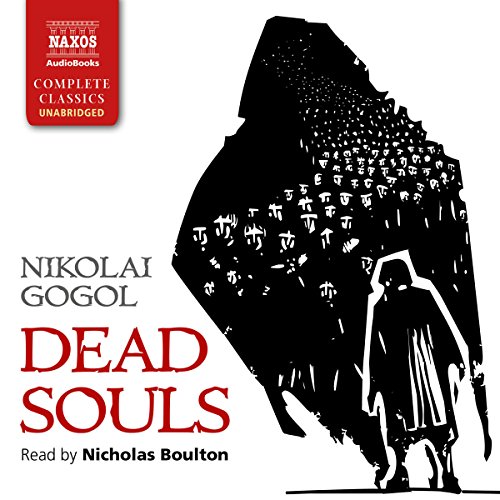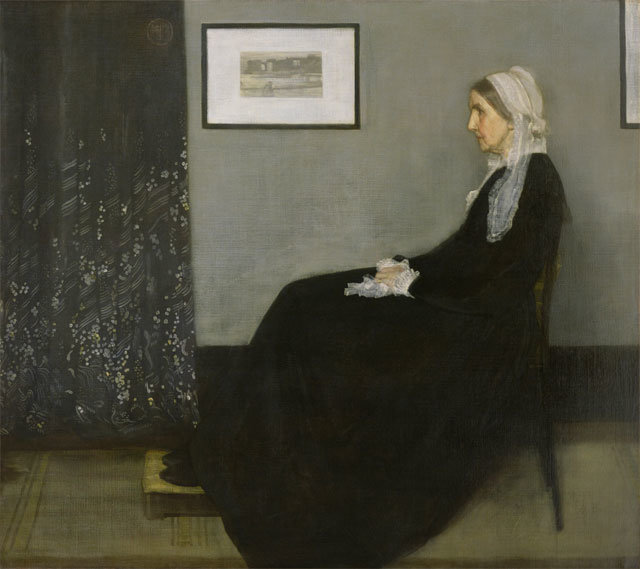Note: If you wish to receive, via e-mail, (1) my weekly newsletter or (2) daily copies of these posts, notify me at rrbates1951@gmail.com and indicate which you would like. I promise not to share your e-mail address with anyone. To unsubscribe, send me a follow-up email.
Monday
My recent reading has been throwing me back into my childhood. Two weeks ago Swann’s Way by Proust had me revisiting a childhood playmate—my Gilberte Swann was Chris Mayfield—and now Barbara Kingsolver’s Demon Copperhead is prompting me to remember Johnny, who was in my class from first through seventh grade.
At 11, Damon, whose mother has died and whose stepfather wants nothing to do with him, is placed with a foster family that doesn’t adequately feed him. Aside from school lunch, Demon gets one-fast food hamburger at night, along with a few fries. As a result, he becomes a scavenger:
At school I cruised the lunchroom with some other guys, picking off extra fries or whatever we could score….Our lunchroom visits never lasted long. I always downed my lunch fast and then hung out by the kitchen shelf thing where we put our trays. Some people and especially girls would bring back their lunch basically untouched, drop the tray, and waltz away like food grew on trees. Apples without one bite out of them, milk cartons not even opened. It killed me to think how this was happening at other lunch periods without me there to grab it. I mean, first graders, probably throwing away the best stuff. You want to cry for the waste.
And then there were the weekends, where he obsessed about food:
I had dreams about fod that went to the extreme. Like I’m eating a large pizza with pepperoni, smelling that peppery meat smell, the cheese with the great rubber feeling in my teeth, and then, bang! Awake. Back in the dog room [his bedroom is the dog’s former space, hungry. I’d go through the dirty clothes pile looking for edibles. Haillie sometimes would leave a box of Junior Mints or something in the pocket of her little shorts. I’d sniff it out like a dog.
Complaining to his social worker does no good, he discovers:
I’d already complained to Miss Barks, and she discussed it, but the McCobbs acted all shocked, saying they fed me night and day, how could a boy still be hungry after eating as much as I did? Miss Barks bought their story. She said if I didn’t get enough, for goodness’ sake, ask for seconds. If it even crossed her pretty head that these people were lying, stealing cheats, she was short on options. She had to let it go.
Damon finally gets some relief when Mr. McCobb, expecting him to pay his own way (at 11!), finds him a job at Golly’s Market:
The place had snacks and food so I could eat my dinner there free as part of my pay, which turned out to be the one good thing…Mr. Golly said it was a shame how much he always had to throw out in the way of hot dogs and such that he’d put under the heat lamp for the day. So I got to be his trash can, yes!
Of course, Damon has to work for this privilege. His job consists of sorting through garbage:
People could pay a small price to dump their trash in the lot out back. That was the separate business, with boys hired to pick through it. Anything worth money like aluminum cans went in one pile, plastic bottles in another. Batteries another.
Of course, there’s other stuff as well:
If I say I had to sort through people’s filthy, crappy trash, I’m saying there were diapers. Human shit. If I say there were rats, I don’t mean we saw one or two.
The episode reminds us that Republican legislatures in various states are trying to bring back child labor, and while I don’t know whether this will result in garbage sorting, I can imagine that it might. After all, they’ve discovered children working in various meat picking Anyway, in Sewanee Public School, Johnny and one other kid (Jackie) had to work to earn their free school lunches. While the rest of the class were diagramming sentences in the 20 minutes before lunch (this was when we were all 12), they would be excused to go down to the lunchroom to sweep, set up tables and chairs (the space doubled as the gym), and do other chores. I would see them behind the serving stations when we went down.
I remember one meal we had when the dessert they served up that day was so rich that no child would eat it—which you have to figure was extreme since most children will eat anything sweet. Yet I saw Johnny, with a bowl full of the stuff, chowing it down.
And maybe I noticed it because of something even more powerful that I had witnessed a year or two before. In fourth or fifth grade we had an Easter egg hunt—no separation of church and state for us—which most of the boys didn’t take seriously. I did so, however, being one who always tried to please his teacher. I’m almost positive I found the most eggs, but Johnny, hearing my number, claimed he had found one more. The teacher didn’t bother to count our eggs but presented him with the prize, which was a large popcorn rabbit stuck together with caramel.
I felt cheated until I saw what Johnny did next. He tore into the rabbit like a ravenous beast—I can see it still today. There was no taking it home to show to anyone or even nibbling around the edges. As a result, at 10 or 11 I received the first inkling of my life what real hunger looks like. And I had a revelation that is unusual for a pre-teen: I thought, “He needs first prize much more than I do. I’m glad it worked out this way.”
Things are better than they used to be in the 1960s. Now the public schools have free breakfasts along with free lunches and children don’t have to work to receive them. There are also special programs to make sure that kids get fed during the summer, some of them state run. These are all welcome developments.
Sadly, many Republican legislators want to return to the days of Oliver Twist. Scrooge appears to be writing their bills.










